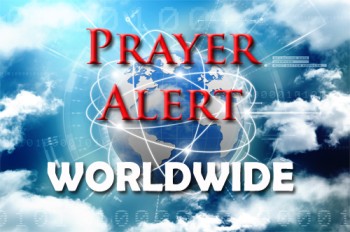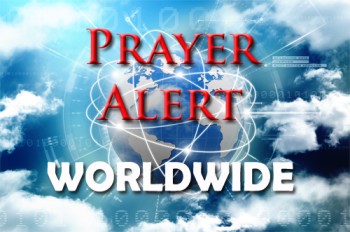Displaying items by tag: Andry Rajoelina
Madagascar: protests continue despite government dissolution
Madagascar is facing mounting unrest as protests continue despite president Andry Rajoelina’s decision to dissolve the government. The move, announced on state television, was intended to ease tensions following demonstrations over widespread water and power shortages. Rajoelina expressed sympathy to families of those killed and acknowledged administrative failings, yet protesters remain unsatisfied, demanding his resignation. Many argue that changing ministers is not enough, since the president himself holds ultimate responsibility. The demonstrations, largely led by Gen Z, represent one of the most serious challenges to Rajoelina’s leadership since his 2023 re-election. Authorities have responded with curfews in Antananarivo and other major cities, and police have repeatedly used teargas and fired rubber bullets at demonstrators. The UN has said that at least 22 have been killed and over 100 injured, though the government disputes these figures.
Madagascar: re-elected president has to ensure electoral reforms
The USA, Japan, and the European Union have expressed their willingness to collaborate with Madagascar's re-elected president Andry Rajoelina, provided he ensures electoral reforms in the country. The country has a history of election crises; the most notable one, in 2009, ended in a coup that installed Rajoelina as president and led to violence between demonstrators and security forces. He has now been re-elected for a third term, with 59% of the vote, but there were numerous claims of irregularities and vote rigging, and ten of the candidates boycotted the election, leading to a low voter turnout. Rajoelina is being urged to implement electoral reforms that will foster transparency, fairness, and inclusivity in the electoral process - reforms which are crucial for restoring international confidence. Madagascar has one of the highest poverty rates in the world, reaching 75% in 2022. Before the elections, there were fears that social difficulties and the economy, battered by climate change and politics, would get worse if the outcome didn't reflect the will of the people.


